
Discover the Vibrant Heart of Guwahati: Paltan Bazaar
Paltan Bazaar is the bustling commercial hub of Guwahati, a city known as the gateway to Northeast India. This lively neighborhood is a melting pot of cultures, offering an eclectic mix of traditional and modern experiences. As you stroll through the streets, you'll be greeted by the lively chatter of locals, the vibrant colors of market stalls, and the enticing aromas of street food. Paltan Bazaar is a shopper's paradise, with a vast array of shops selling everything from traditional Assamese silk sarees to the latest in electronics. The area is particularly famous for its markets, where you can find an assortment of handicrafts, textiles, and souvenirs. Be sure to visit the Fancy Bazaar, a local favorite for its unique and affordable items. Food lovers will delight in the culinary offerings of Paltan Bazaar. The neighborhood is dotted with numerous eateries serving both traditional Assamese cuisine and a variety of international dishes. Don't miss the chance to try local delicacies like pitha (rice cakes), masor tenga (sour fish curry), and the famous Assam tea. In addition to shopping and dining, Paltan Bazaar is also a great place to experience the local culture. The area is home to several important temples and cultural sites, providing a glimpse into the rich heritage of Assam. Whether you're exploring the vibrant markets, savoring the local cuisine, or immersing yourself in the culture, Paltan Bazaar offers a unique and unforgettable experience for every traveler.
Local tips in Paltan Bazaar
- Visit early in the morning to avoid the crowds and enjoy a more relaxed shopping experience.
- Always bargain at the local markets to get the best deals on souvenirs and handicrafts.
- Try the street food, but make sure to choose stalls that are popular with the locals for the best and safest culinary experience.
- Wear comfortable shoes, as you'll be doing a lot of walking while exploring the markets and streets.
- Keep an eye on your belongings, as the bustling streets can get quite crowded.
Discover the Vibrant Heart of Guwahati: Paltan Bazaar
Paltan Bazaar is the bustling commercial hub of Guwahati, a city known as the gateway to Northeast India. This lively neighborhood is a melting pot of cultures, offering an eclectic mix of traditional and modern experiences. As you stroll through the streets, you'll be greeted by the lively chatter of locals, the vibrant colors of market stalls, and the enticing aromas of street food. Paltan Bazaar is a shopper's paradise, with a vast array of shops selling everything from traditional Assamese silk sarees to the latest in electronics. The area is particularly famous for its markets, where you can find an assortment of handicrafts, textiles, and souvenirs. Be sure to visit the Fancy Bazaar, a local favorite for its unique and affordable items. Food lovers will delight in the culinary offerings of Paltan Bazaar. The neighborhood is dotted with numerous eateries serving both traditional Assamese cuisine and a variety of international dishes. Don't miss the chance to try local delicacies like pitha (rice cakes), masor tenga (sour fish curry), and the famous Assam tea. In addition to shopping and dining, Paltan Bazaar is also a great place to experience the local culture. The area is home to several important temples and cultural sites, providing a glimpse into the rich heritage of Assam. Whether you're exploring the vibrant markets, savoring the local cuisine, or immersing yourself in the culture, Paltan Bazaar offers a unique and unforgettable experience for every traveler.
Iconic landmarks you can’t miss
Nehru Park
Discover tranquility and culture at Nehru Park in Guwahati, a lush green oasis inviting tourists to relax and explore the heart of Assam.
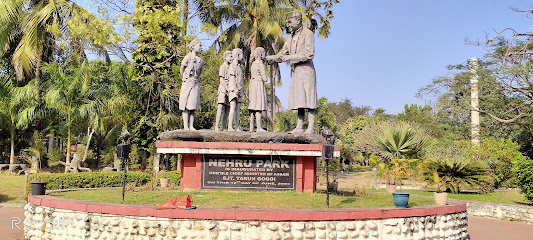
Dighalipukhuri Park
Experience the natural beauty and cultural vibrancy of Dighalipukhuri Park, a serene escape in the heart of Guwahati, Assam.
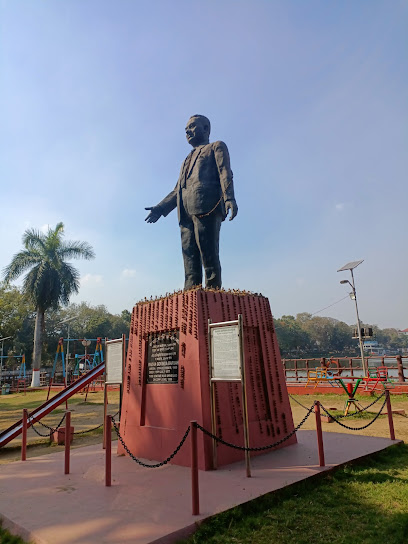
Valley View
Experience the tranquil beauty of Valley View in Guwahati, a scenic attraction perfect for relaxation, photography, and enjoying Assam's lush landscapes.
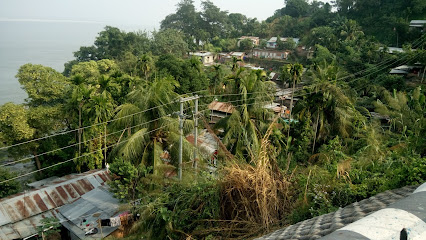
Nepali Mandir
Discover the serene beauty and cultural richness of Nepali Mandir, a must-visit Hindu temple in Guwahati, Assam, capturing the essence of local spirituality.
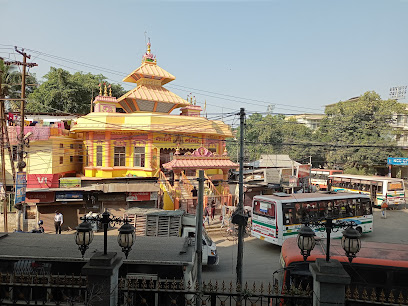
Gandhi Mandap
Discover the serene beauty and historical significance of Gandhi Mandap, a peaceful tribute to Mahatma Gandhi in Guwahati, Assam.
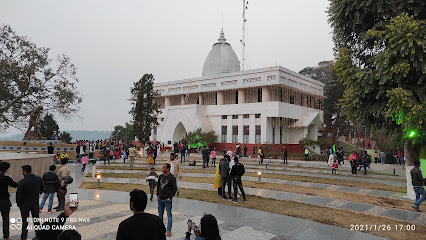
River Side Park
Discover the natural beauty and serene ambiance of River Side Park in Guwahati, a perfect retreat for relaxation and recreation along the Brahmaputra River.
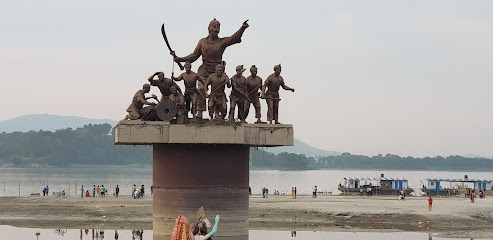
War Memorial
Explore the War Memorial in Guwahati, a serene tribute to bravery and sacrifice, surrounded by lush gardens and rich history.
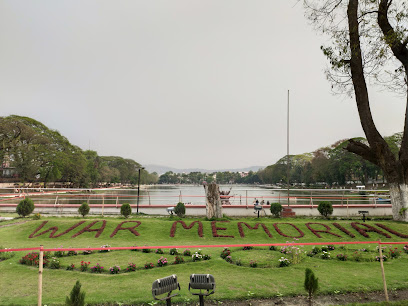
Northbrook Gate
Explore Northbrook Gate, a historic landmark in Guwahati, Assam, where culture, history, and local life come together in vibrant harmony.
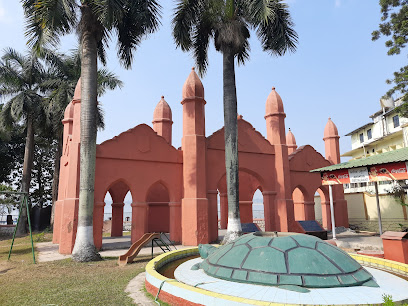
Guwahati Paltan Bazar
Discover the vibrant atmosphere of Guwahati Paltan Bazar, a bustling hub where culture, food, and local life converge in a unique Assamese experience.
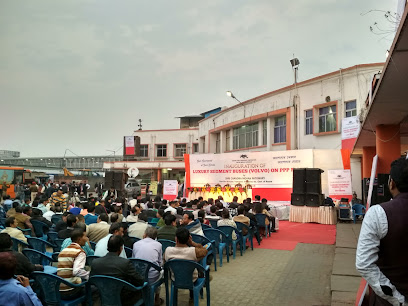
Shahid Udyan
Explore Shahid Udyan, a serene historical landmark in Guwahati, where nature and culture intertwine in a tranquil setting dedicated to Assam's heroes.
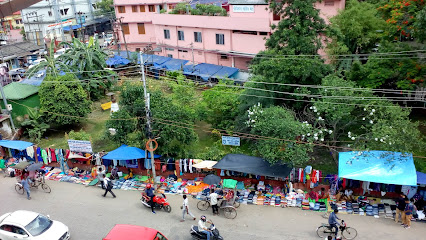
Paltan Bajar
Discover the vibrant Paltan Bajar in Guwahati, a bustling bazaar offering rich Assamese culture, unique crafts, and delicious local cuisine.
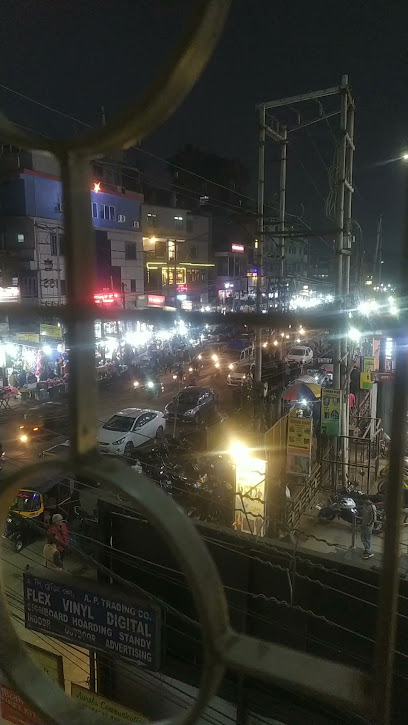
Mandir name
Discover the heart of Guwahati at Mandir Name, a cozy bed and breakfast that combines comfort with local culture for an unforgettable stay in Assam.
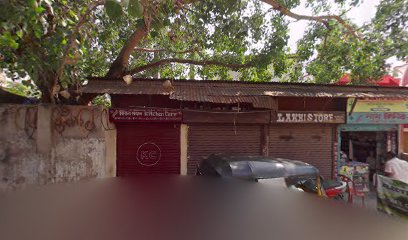
Unmissable attractions to see
ISKCON Guwahati
Find inner peace at ISKCON Guwahati, a serene temple dedicated to Lord Krishna, offering spiritual programs and cultural events in a tranquil setting.
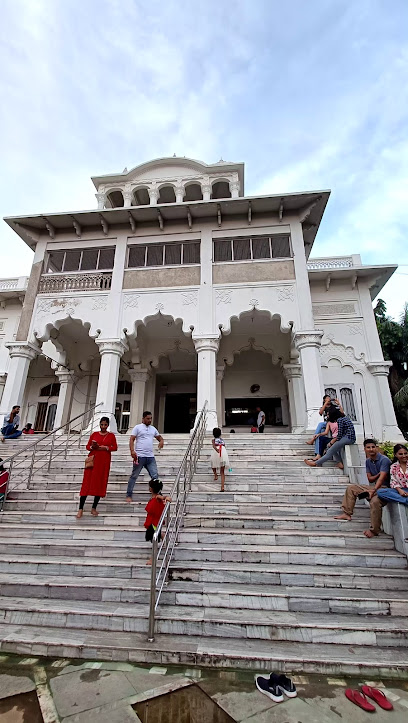
Old Jail Botanical Garden Guwahati
Discover a revitalized urban oasis in Guwahati's heart, featuring diverse flora, serene water bodies, and a touch of history.
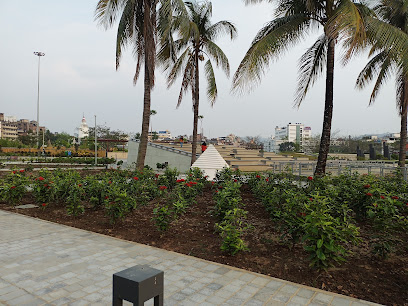
Essential places to dine
Sagar Ratna
Discover the vibrant flavors of India at Sagar Ratna in Guwahati—where culinary excellence meets warm hospitality.
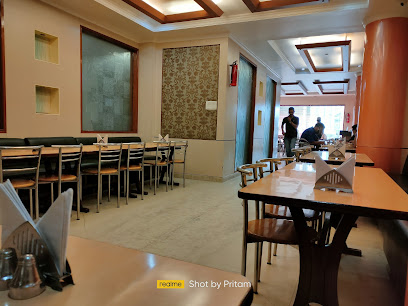
Kerala Bhavan - Family Restaurant
Experience the essence of South Indian cuisine at Kerala Bhavan in Guwahati - where flavor meets hospitality.
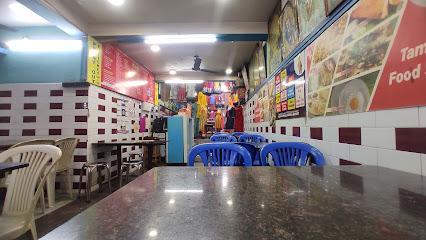
Royal Naga Restaurant
Discover the flavors of North Eastern India at Royal Naga Restaurant - where every dish tells a story.
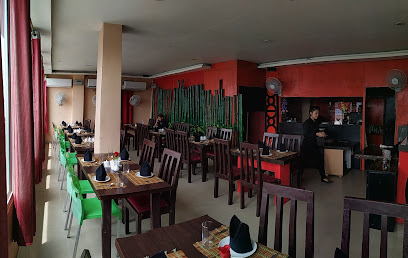
Samrat Punjabi Dhaba
Discover authentic Punjabi flavors at Samrat Punjabi Dhaba in Guwahati - a must-visit restaurant for true Indian cuisine enthusiasts.
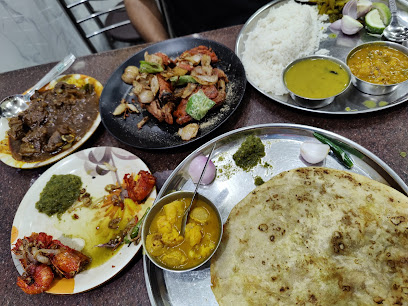
Sakshi Restaurant
Discover the flavors of India at Sakshi Restaurant in Guwahati – your destination for delicious Indian and Chinese cuisine!
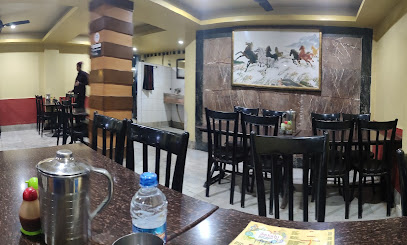
Mizo Food - Traditional Chin Kuki Mizo Food
Discover authentic Chin Kuki Mizo cuisine at this charming North Eastern Indian restaurant in Guwahati, offering delicious traditional dishes.
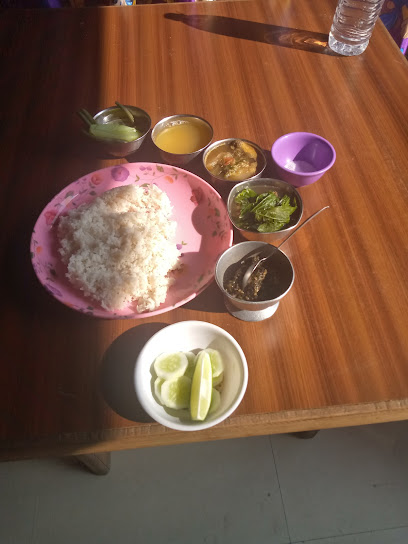
Three Star Manipuri Rice Hotel
Experience authentic Manipuri cuisine at Three Star Manipuri Rice Hotel in Guwahati's vibrant Paltan Bazaar - a culinary treasure waiting for you.
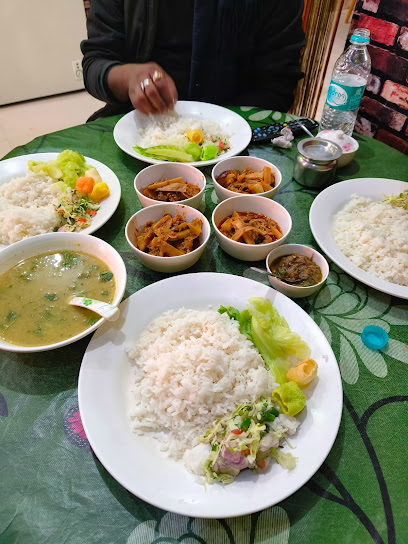
Happy Restaurant
Experience delightful breakfasts and authentic Assamese cuisine at Happy Restaurant in Guwahati's vibrant Paltan Bazaar.
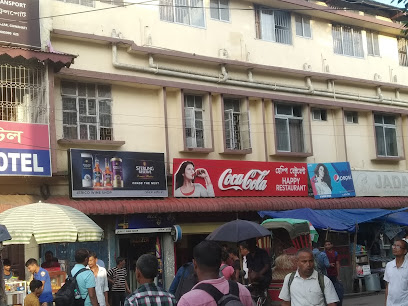
I Food Fun Restaurant
Experience the vibrant flavors of Guwahati at I Food Fun Restaurant - your go-to spot for family-friendly fast food delights.
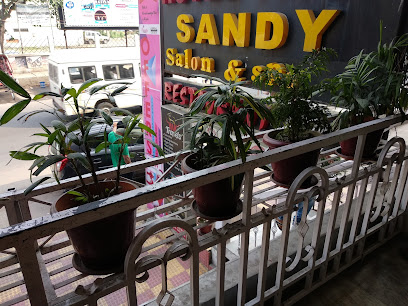
Jg's A Family RestaurantGanpatraoapte
Experience authentic Assamese cuisine at Jg's A Family Restaurant in Guwahati – where flavors meet family-friendly hospitality.
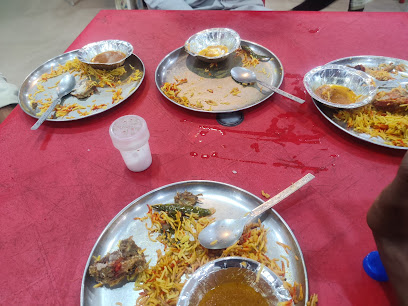
Markets, malls and hidden boutiques
V2 Retail Limited
Discover the best in fashion at V2 Retail Limited, Guwahati's premier clothing store and shopping mall, featuring trendy apparel for every style and budget.
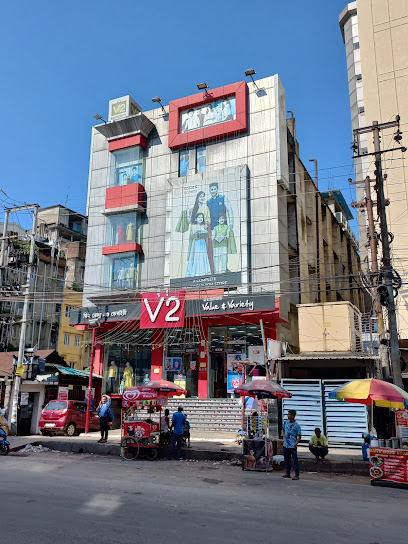
Babyhug Store Guwahati Paltan Bazar
Explore Babyhug Store in Guwahati for a delightful range of quality baby products, ensuring comfort and style for your little ones.
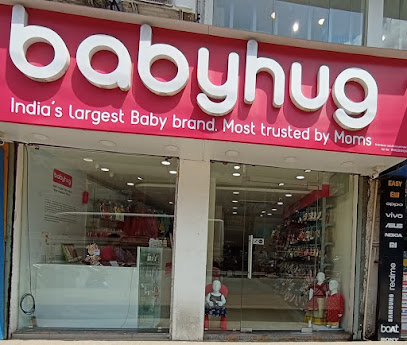
Guwahati Handicraft
Explore the vibrant world of Guwahati Handicraft, where traditional artistry meets contemporary gifts in Assam's cultural heart.
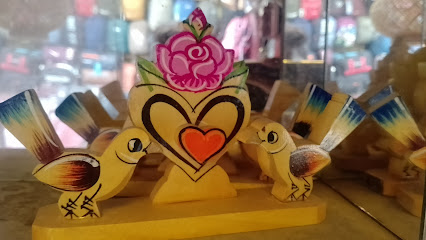
Maya Stores
Explore Maya Stores in Guwahati for a diverse selection of hardware, bathroom supplies, and home improvement essentials, reflecting local craftsmanship.
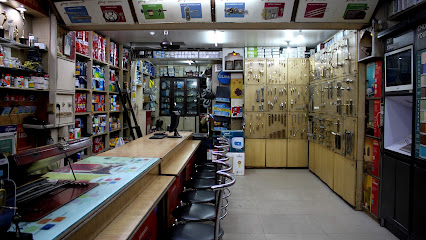
Jockey Exclusive Store
Explore the Jockey Exclusive Store in Guwahati for quality clothing for all ages, from stylish menswear to cozy kids' apparel and elegant lingerie.
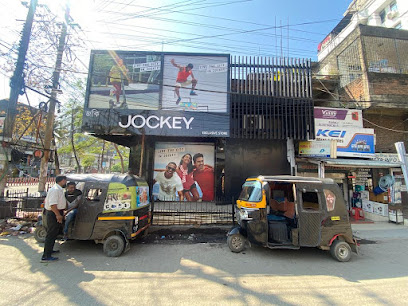
Sanjay Store
Discover the vibrant fashion culture of Assam at Sanjay Store in Guwahati, where tradition meets modern style in the heart of Paltan Bazaar.
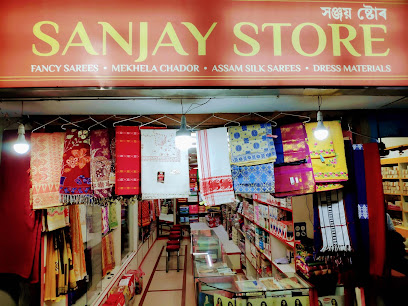
TRENDS
Discover the latest in casual fashion at Trends, a premier clothing store in Paltan Bazaar, Guwahati, where style meets local culture.
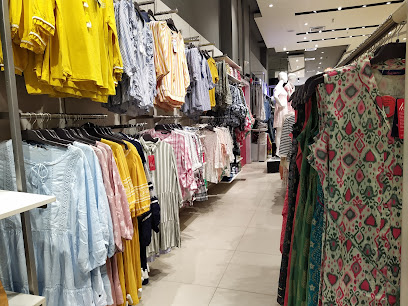
Gift palace
Explore Gift Palace in Guwahati for unique Assamese souvenirs and handcrafted treasures that capture the spirit of Assam.
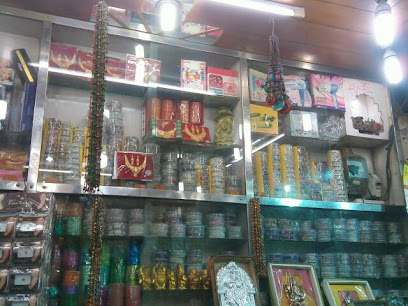
BARUAH STORE
Explore authentic Indian flavors at Baruah Store, your go-to grocery destination in Guwahati, Assam, for quality ingredients and delightful snacks.
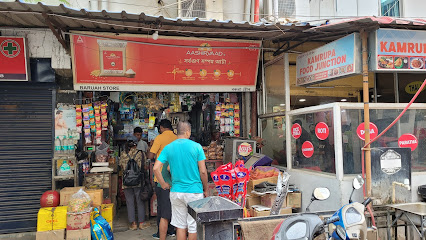
SAKIMUDDIN SHOP
Explore the vibrant local culture at Sakimuddin Shop in Guwahati, where authentic Assamese goods await every traveler.
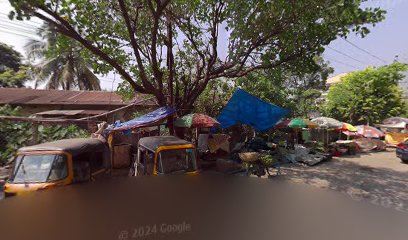
Essential bars & hidden hideouts
Saki Bar
Experience the vibrant nightlife of Guwahati at Saki Bar, where local flavors and refreshing drinks come together in a cozy ambiance.
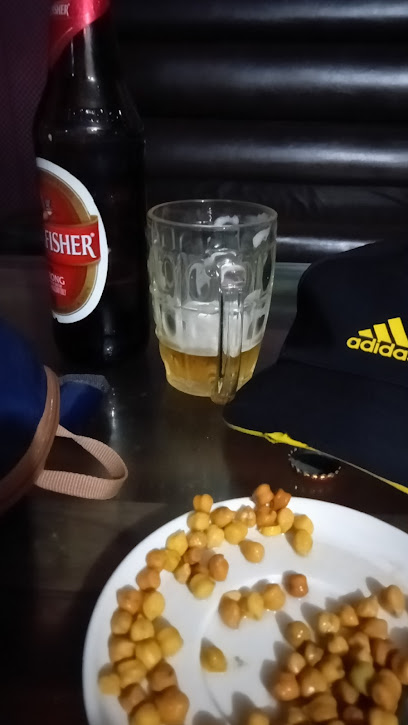
R.D. Bar & Restaurant
Experience the vibrant atmosphere of R.D. Bar & Restaurant, where delicious grilled dishes meet a lively bar scene in the heart of Guwahati.
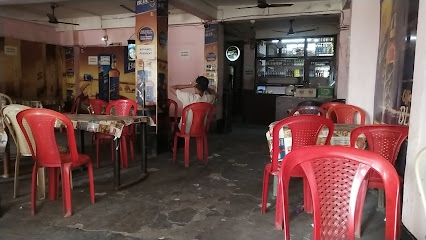
Maikhana Bar
Discover the vibrant nightlife at Maikhana Bar in Guwahati, where local culture meets a welcoming atmosphere for an unforgettable evening.
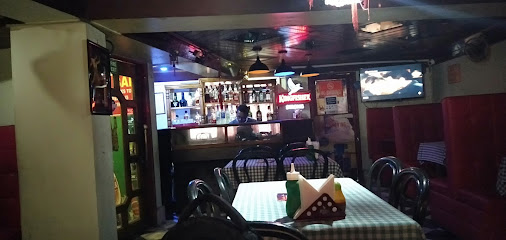
G. S. Bar And Restaurant
Experience the vibrant flavors of Guwahati at G. S. Bar And Restaurant, where grilled delights meet a lively bar atmosphere.
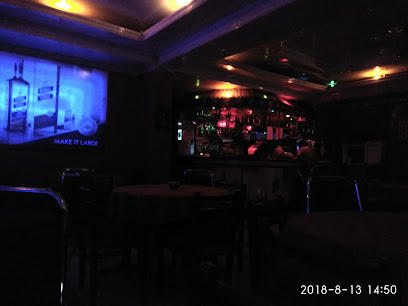
ozone bar
Discover the vibrant nightlife of Guwahati at Ozone Bar, where refreshing drinks and a lively atmosphere await every visitor.
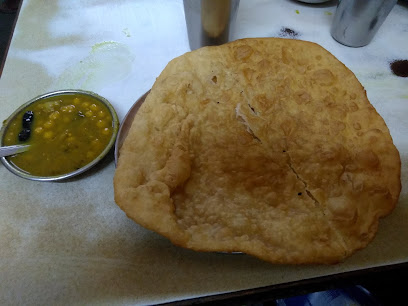
QUEEN BAR
Discover the lively atmosphere of Queen Bar in Guwahati, where a wide selection of drinks meets vibrant local culture.
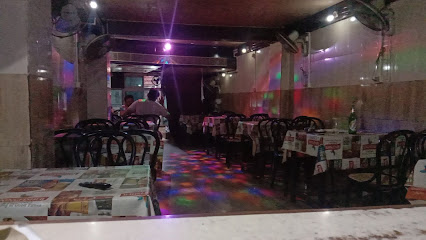
Lords bar
Discover the energetic atmosphere of Lords Bar, a top nightlife destination in Guwahati, offering a diverse drink menu and delicious bites.
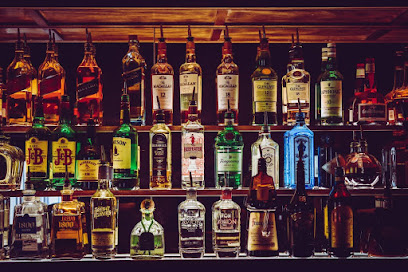
Rose Berry Bar
Discover the lively spirit of Guwahati at Rose Berry Bar, a perfect blend of local charm and contemporary vibes for an unforgettable experience.
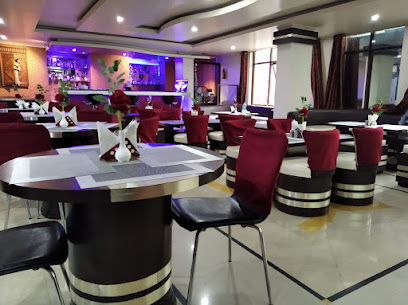
Cheers & Beers Bar & Restaurant
Experience the vibrant nightlife of Guwahati at Cheers & Beers Bar & Restaurant with delicious food and an extensive drink menu.
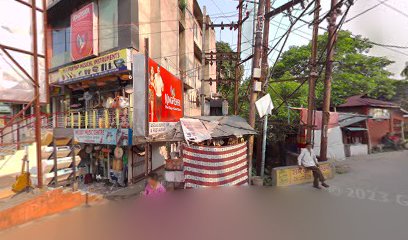
PRINCE BAR
Discover the lively ambiance and diverse drink offerings at Prince Bar in Guwahati, a perfect spot to unwind after exploring the city.
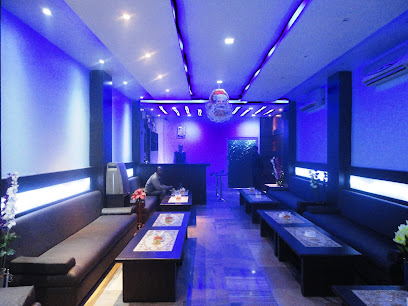
Local Phrases
-
- Helloनमस्ते
[namaste] - Goodbyeअलविदा
[alvida] - Yesहाँ
[haan] - Noनहीं
[nahin] - Please/You're welcomeकृपया
[krupaya] - Thank youधन्यवाद
[dhanyavaad] - Excuse me/Sorryमाफ़ कीजिये
[maaf keejiye] - How are you?आप कैसे हैं?
[aap kaise hain?] - Fine. And you?ठीक हूँ। आप?
[theek hoon. aap?] - Do you speak English?क्या आप अंग्रेज़ी बोलते हैं?
[kya aap angrezi bolte hain?] - I don't understandमैं समझ नहीं पाया
[main samajh nahin paya]
- Helloनमस्ते
-
- I'd like to see the menu, pleaseकृपया मेनू देखना चाहूँ
[krupaya menu dekhna chahoon] - I don't eat meatमैं मांस नहीं खाता
[main maans nahin khata] - Cheers!जय हो!
[jay ho!] - I would like to pay, pleaseकृपया मैं भुगतान करना चाहूँ
[krupaya main bhugtan karna chahoon]
- I'd like to see the menu, pleaseकृपया मेनू देखना चाहूँ
-
- Help!बचाओ!
[bachao!] - Go away!चले जाओ!
[chale jao!] - Call the Police!पुलिस को बुलाओ!
[police ko bulaao!] - Call a doctor!डॉक्टर को बुलाओ!
[doctor ko bulaao!] - I'm lostमैं खो गया हूँ
[main kho gaya hoon] - I'm illमुझे बीमारी है
[mujhe bimari hai]
- Help!बचाओ!
-
- I'd like to buy...मैं ... खरीदना चाहूँ
[main ... khareedna chahoon] - I'm just lookingमैं बस देख रहा हूँ
[main bas dekh raha hoon] - How much is it?यह कितने का है?
[yah kitne ka hai?] - That's too expensiveयह बहुत महंगा है
[yah bahut mahnga hai] - Can you lower the price?क्या आप कीमत कम कर सकते हैं?
[kya aap keemat kam kar sakte hain?]
- I'd like to buy...मैं ... खरीदना चाहूँ
-
- What time is it?अब कितने बजे हैं?
[ab kitne baje hain?] - It's one o'clockएक बजे हैं
[ek baje hain] - Half past (10)दस बजे के बाद आधे
[das baje ke baad aadhe] - Morningसुबह
[subah] - Afternoonदोपहर
[dopahar] - Eveningशाम
[shaam] - Yesterdayकल
[kal] - Todayआज
[aaj] - Tomorrowकल
[kal] - 1एक
[ek] - 2दो
[do] - 3तीन
[teen] - 4चार
[chaar] - 5पांच
[paanch] - 6छे
[chhe] - 7सात
[saat] - 8आठ
[aath] - 9नौ
[nau] - 10दस
[das]
- What time is it?अब कितने बजे हैं?
-
- Where's a/the...?कहाँ है ...?
[kahan hai ...?] - What's the address?पता क्या है?
[pata kya hai?] - Can you show me (on the map)?क्या आप मुझे दिखा सकते हैं (नक्शे पर)?
[kya aap mujhe dikha sakte hain (naksha par)?] - When's the next (bus)?अगली (बस) कब है?
[agli (bas) kab hai?] - A ticket (to ....)एक टिकट (... के लिए)
[ek ticket (... ke liye)]
- Where's a/the...?कहाँ है ...?
History of Paltan Bazaar
-
Paltan Bazaar has long been recognized as a significant trade hub in Guwahati, serving as a vital link for commerce in the region. Established during the British colonial period in the 19th century, the bazaar became a bustling marketplace for traders, merchants, and local artisans. It attracted people from various backgrounds, contributing to the area's rich cultural tapestry.
-
The marketplace has evolved into a cultural melting pot, reflecting the diverse ethnic communities of Assam, including the Assamese, Bodos, and various migrant groups. This diversity is evident in the local cuisine, crafts, and festivals celebrated in Paltan Bazaar, showcasing the vibrant traditions that have flourished over the years.
-
During the Assam Movement of the 1980s, Paltan Bazaar was a focal point for political gatherings and protests. The movement aimed to address issues of illegal immigration and the rights of indigenous people, leading to heightened political consciousness in the region. The bazaar served as a venue for discussions and mobilization, marking a significant period in Assamese history.
-
In the late 20th and early 21st centuries, Paltan Bazaar witnessed significant urban development. The expansion of infrastructure and improvement in connectivity transformed the area into a commercial center. Despite modernization, efforts have been made to preserve the cultural heritage and traditional crafts that define the neighborhood, ensuring that it remains a vibrant part of Guwahati's identity.
-
Paltan Bazaar plays a crucial role during major Assamese festivals, particularly Bihu and Durga Puja. The bazaar becomes a hub for festive shopping, where locals purchase traditional attire, handicrafts, and food items. This seasonal influx of activity reinforces the community's cultural identity and strengthens social bonds among residents.
Paltan Bazaar Essentials
-
Paltan Bazaar is centrally located in Guwahati, easily accessible from various neighborhoods. From Guwahati Railway Station, it's a quick 10-minute auto-rickshaw ride or a 20-minute walk. If you're coming from the Lokpriya Gopinath Bordoloi International Airport, you can take a taxi or book a ride through local ride-hailing apps. The distance is approximately 25 kilometers, and the journey usually takes around 40 minutes to an hour, depending on traffic.
-
Paltan Bazaar is a bustling area best explored on foot due to its narrow streets and crowded markets. Auto-rickshaws are readily available for short trips, while cycle rickshaws can offer a unique local experience. Local buses operate throughout the area, connecting Paltan Bazaar with other parts of the city. If you prefer cycling, you can rent a bicycle from nearby vendors.
-
Paltan Bazaar is generally safe for tourists, but like any busy market area, you should remain vigilant. Petty theft and pickpocketing can occur, especially in crowded areas. Avoid displaying valuable items and be cautious when withdrawing cash from ATMs. It’s advisable to avoid the outskirts of Paltan Bazaar after dark, as they can be less populated and may pose safety risks.
-
In case of an emergency, dial 100 for police assistance or 108 for an ambulance. The nearest hospital is the Guwahati Medical College and Hospital, which is around 3 kilometers away. It is advisable to have travel insurance that covers medical emergencies. Keep a list of important contacts, including your country's embassy, for quick access.
-
Fashion: Do dress modestly, especially when visiting temples or local homes. Avoid wearing revealing clothing. Religion: Do respect local customs and practices, such as removing shoes before entering a temple. Public Transport: Do give up your seat for elderly passengers. Don’t eat or drink on public transport. Greetings: Do greet people with a smile and a simple 'Namaste'. Avoid excessive physical contact. Eating & Drinking: Do try local street food, but ensure it's from reputable vendors. Don’t drink tap water; always opt for bottled water.
-
To experience Paltan Bazaar like a local, visit the vibrant markets early in the morning when they are less crowded. Sample local delicacies like 'pitha' (rice cakes) and 'jolpan' (snacks). Engage with local shopkeepers; many are friendly and willing to share stories about their products. For a cultural experience, visit the nearby Umananda Temple on Peacock Island, which offers a scenic view of the Brahmaputra River.
Nearby Cities to Paltan Bazaar
-
Things To Do in Shillong
-
Things To Do in Trashigang
-
Things To Do in Mongar
-
Things To Do in Sylhet
-
Things To Do in Jakar
-
Things To Do in Trongsa
-
Things To Do in Bumthang
-
Things To Do in Itanagar
-
Things To Do in Wangdue Phodrang
-
Things To Do in Kohima
-
Things To Do in Punakha
-
Things To Do in Phuentsholing
-
Things To Do in Rangpur
-
Things To Do in Thimphu
-
Things To Do in Agartala







